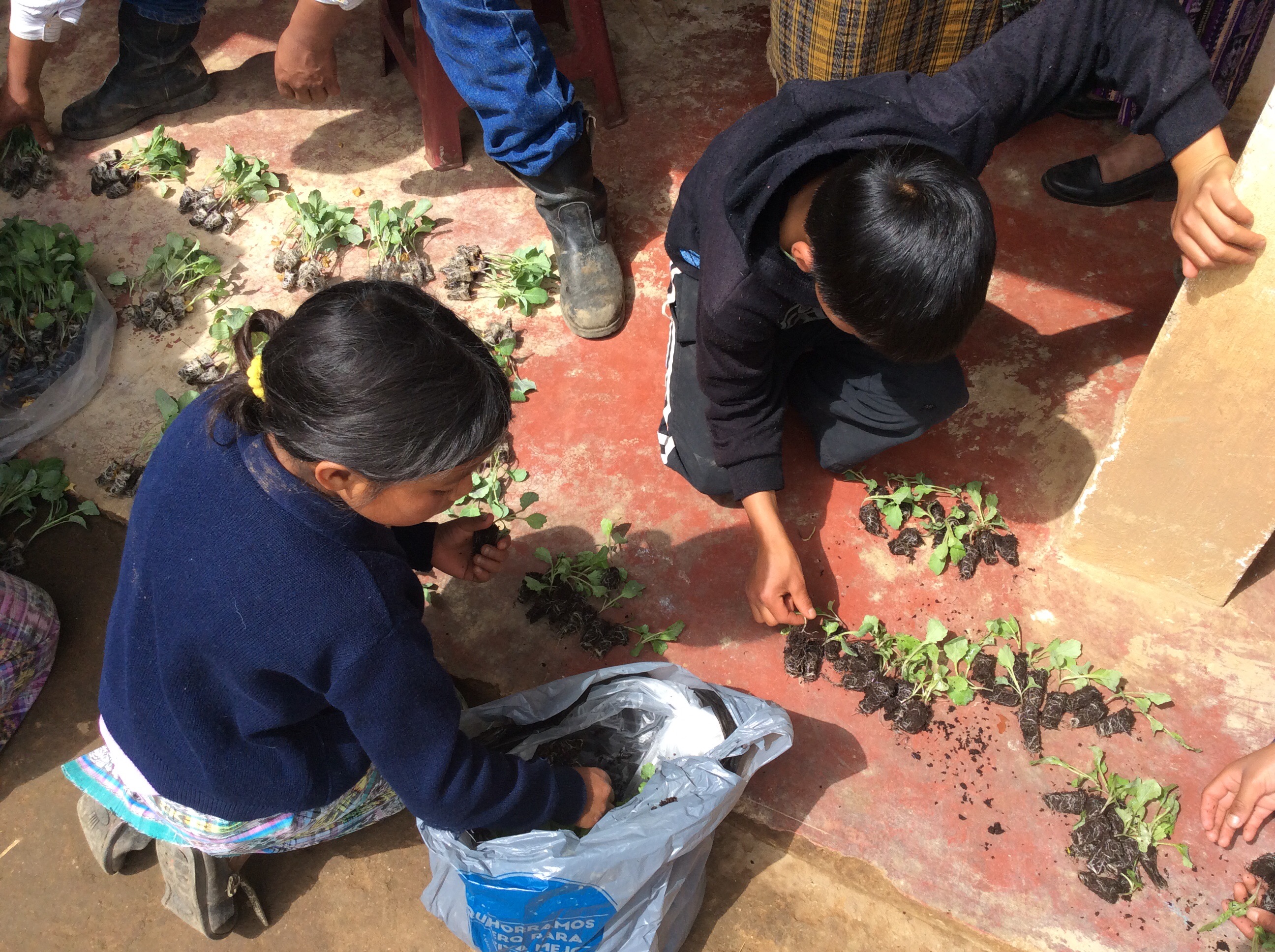
One exciting bit of news to come out of Peace Corps Guatemala headquarters recently is the creation of a new volunteer position, specifically the Rural Extension Project which will use Peace Corps Response Volunteers (PCRVs) to pilot this new project by working closely with staff and our PAC volunteer committee!
As this is a totally new volunteer project for our country, these volunteers will be asked to provide a lot of constructive feedback so that the project’s managers can figure out what works best in the field and what doesn’t. So besides being just a PCRV working on a specific project, you can be part of a select group that will help develop our new Rural Extension Project, which will be focused on agriculture and small animal husbandry as well as improving household family practices such as those relating to nutrition and hygiene.
While all of our projects at Peace Corps Guatemala are fine-tuned every year, this is a special opportunity for prospective PCRVs to work on an all new project from the ground-up! I have to say that I am jealous that these new PCRVs will get to work closely with the supportive and engaged staff we have at Peace Corps Guatemala headquarters (we have a main office half an hour from Antigua Guatemala, and a smaller satellite office in Quetzaltenango, called “Xela” by the locals) on a project that will fill a large gap in what Peace Corps does here.
As I am a Maternal and Child Health volunteer, my primary focus is working with health care personnel in my health center and health posts, and while I have also started some household garden projects in my community, as well as having done some work on improving household family practices related to malnutrition and health, I can definitely say that there is a great need for dedicated Rural Extension volunteers in Guatemala and I hope one eventually comes to my town!
The vast majority of families in my site grow their own corn, though they could definintely use some help developing community projects, as well as with diversifying their crops, soil management, organic farming, utlilization of local resources and assistance with learning how to improve their family’s nutrition and hygiene.
As Peace Corps works towards sustainable development, these select PCRVs will work with local community members to develop sustainable projects and teach community leaders a variety of topics such as adult education and the experiental learning cycle, planning skills, monitoring and evaluation of the effectiveness of projects and trainings, and even the incoporation of behavior change approaches in their work. Also volunteers will learn strategies and tools to promote inclusion of diverse groups in extension services, with emphasis on gender, culture, and socio-economic status.
As Peace Corps has been in Guatemala since 1963, you can be sure we have a lot of material to assist you in analyzing your project from every angle!
About Guatemala: Guatemala has the western hemisphere’s highest rate of chronic malnutrition, and the fourth highest in the world. It probably isn’t surprising that all of our volunteer programs tackle chronic malnutrition here in one way or another, and understanding food security and how it impacts daily lives in Guatemala is an integral part of our job as well. I am working on a research project with a PCRV, and he has enjoyed both getting to learn about local Guatemalan culture, meeting local Guatemalans, as well as traveling to some of the dozens of amazing locations in Guatemala, from the UNESCO world heritage site of Antigua Guatemala, hiking volcanoes, to visiting picturesque lake Atitlan. The Peace Corps volunteer community in Guatemala is quite close-knit, and most PCRVs will get to know many of our innovative volunteers, as well as have interaction with some of the many NGOs working in the country.
WHEN: These volunteers will arrive in Guatemala in mid-February, receive 2-3 weeks of orientation and training, and then head into the field! They will return for another week of training after about 1-2 months of service.
MINIMUM QUALIFICATIONS:
• Proficient in written and spoken Spanish – MUST
• Bachelor level degree
• Experience in agriculture, small animal husbandry, home health and/or community development
• Ability to design and manage projects
• Experience, motivation and creativity to train adult and likely illiterate people
• Patience and ability to easily adapt and integrate into different socioeconomic and cultural conditions
• Willingness to do manual labor in the field (inside and outside)
• Proactive leader with a positive attitude, problem solving
DESIRED QUALIFICATIONS:
● Experience with rural extension/community development and training of others
● Experience in the development and implementation of sustainable rural projects
● A skilled writer and communicator, with strong interpersonal skills
● Ability to organize, deal with change effectively, and work on multiple tasks concurrently
● High level of initiative, effort, and commitment towards completing assignments effectively
In conclusion, I hope that you consider this Rural Extension project if you are planning on volunteering overseas as this project will have a high-impact given Guatemala’s high rate of chronic malnutrition, especially among young children living in rural indigenous communities. In addition, due to the reality that changes in the climate, such as rainfall, can have devasting effects on the food security ituation here, if we can empower local community leaders develop the skills to manage projects, and improve their agricutlural, and animal husbandry, skills and knowledge in their community, then Guatemala will be all that more prepared to cope with future adverse events.
Contact Ashley Lenihan at alenihan@peacecorps.gov with any questions!
Here are the links for applying:
1,815 total views, 1 views today
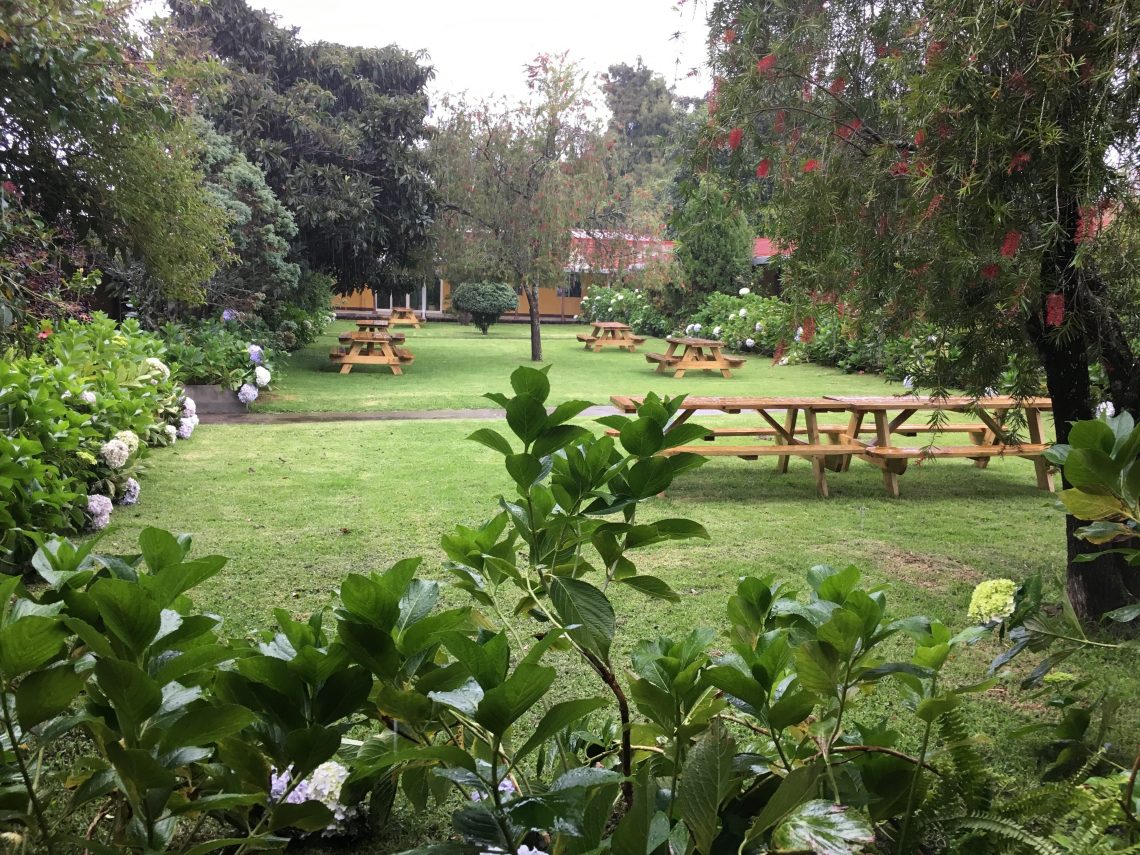

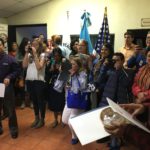
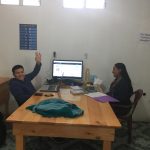
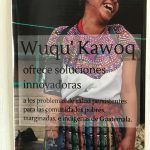

Comments by Mateo
Peace Corps Guatemala: Daily Activities 3: Women’s Group Handwashing Charla
Hi Emilio, I like your blog! I will send a postcard to ...